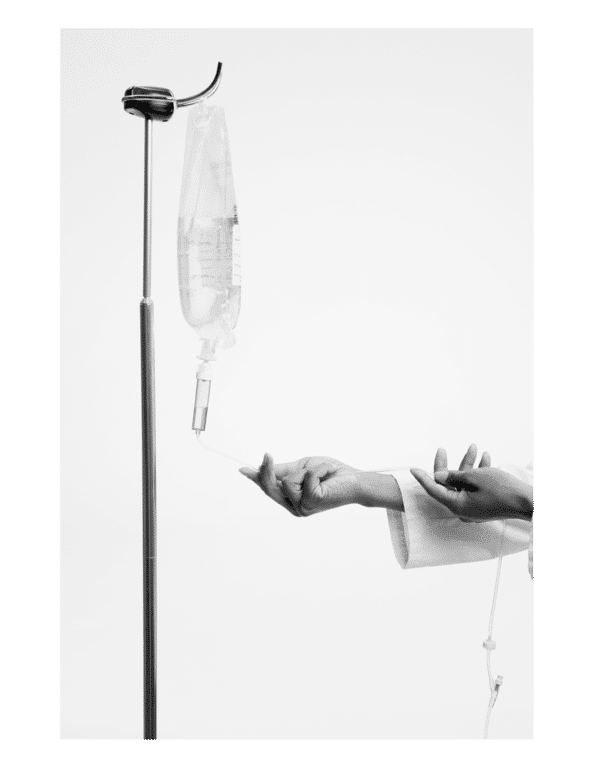Andy Williams calls it the most wonderful time of year, and for many, it truly is. As the year draws to a close, your mind gets flooded with childhood memories of playing with your siblings and cousins, receiving that gift that you’ve been longing for all year and enjoying a spate of feasts.
However, these memories may sometimes betray the truth about the holiday season. It can be all too easy to push unpleasant memories to the back of your mind, but for those of us who remember the unsavory aspects of the festive seasons, we tend to dread its arrival. The holidays and mental health don’t always go hand in hand.
You’re not wrong for holding enmity toward this period, and you’re certainly not alone in feeling this way. You do not always have to feel this way. There are ways that you can prioritize your mental health care during the holiday season and not enter the new year feeling stressed, drained or demoralized.
How Do the Holidays Affect Your Mental Health?
Many who initially explore this topic are surprised to find a negative correlation between holidays and mental health. But conversely, many are not surprised and can relate to the holiday angst. There are many ways in which the holidays can impair your mental health.
Reuniting with your immediate or extended family can resurface childhood trauma. After growing up in a toxic environment, many people develop unhealthy coping mechanisms and mask portions of their true selves to avoid conflict and abuse.
Once we become adults, we can generally avoid the people and situations that caused us to create these masks. However, we tend to forego our mental health during the holidays because we feel obligated to attend family gatherings for longer than we would like and entertain interactions that we otherwise would not. Visiting places we frequented as children, such as a relative’s house or your childhood home, and engaging with toxic family members can uncover past traumas.
For sufferers of physical and sexual abuse, these interactions at family gatherings can severely affect their mental health during the holiday season. Being expected to keep the peace or feeling obligated to greet one’s abuser physically (through a hug or handshake) can be enormously distressing.
Feeling pressured to spend money on extravagant gifts can create anxiety and stress, while attending uncomfortable family gatherings for extended periods can drain energy and be an impetus for negative emotions.
Holiday Mental Health Statistics
Concrete evidence highlights the negative correlation between holidays and mental health. Below are some of the most telling holiday mental health statistics:
- According to a National Alliance on Mental Illness (NAMI) study, 64% of individuals with mental illness report worsening mental health during the holiday season.
- A literature search published in the Innovations of Clinical Neuroscience journal found a broad trend of a downturn in mood and mental health during the holidays. The same article notes a trend of the underutilization of psychiatric services during this period, exacerbating this issue.
- A survey by the American Psychological Association (APA) found that people commonly experience fatigue, irritability, sadness and stress during the holidays. Only 56% of participants stated that work stressed them more than the festive season.
The holidays and mental health are only sometimes a match made in heaven.
How To Manage Your Mental Health During the Holidays
It is entirely possible to protect your mental health during the holiday season. In fact, by taking pragmatic and decisive steps, you can enter the new year feeling rested, refreshed and rejuvenated.
You should prioritize your mental health care this holiday season. You might not want to disappoint your family and loved ones, but more often than not, you deal with the fallout of having unpleasant holiday experiences alone.
To take control of your mental health during the holidays, set clear and actionable boundaries with your family and yourself.
Avoid financial stress by creating a realistic budget for your holiday expenses and sticking to it. These uncomfortable feelings last for around a week, but poor financial decisions can have a lasting impact on your overall well-being. By the time January rolls around, you will be thanking yourself for not spending beyond your means.
Be assertive and set physical boundaries with whomever you please. If you do not want to hug or sit next to a certain family member, vocalize this in a mature but decisive way. If you do not want to attend a certain meal or event because of the presence of an abusive or triggering individual, communicate your decision to the organizer. If you need to sleep early for your health or have other commitments, voice these needs beforehand and predetermine how long you will stay at holiday gatherings.
You don’t have to come off as belligerent when prioritizing your mental health. You can communicate your boundaries, feelings and wishes politely. If a loved one or family member truly has your best interests at heart, they will be more than willing to compromise.
Coping With Mental Illness During the Holidays
For those with mental illness, compromising on mental health during the holidays is out of the question. Strong boundaries are required here to protect your well-being.
Individuals with a substance use disorder (SUD) must take the necessary steps to safeguard their sobriety by avoiding alcohol. If you feel unsafe, bring an accountability friend from your SUD support system or refuse to attend the event altogether.
Those with food and eating disorders must also be mindful of these issues during the holiday season. Whether it’s over-eating or under-eating, the holidays can be a trying time. Using an accountability friend or notifying your family members about these concerns can keep you safe.
Mental Health Awareness During the Holidays
You can be part of a much-needed change by reducing the stigma around mental health during the holiday season. Acknowledging the potential negative link between holidays and mental health can offer others hope and allow loved ones to understand your struggles and empathize with you. Implementing these tools will have you forming new feelings about the festive season.






0 Comments